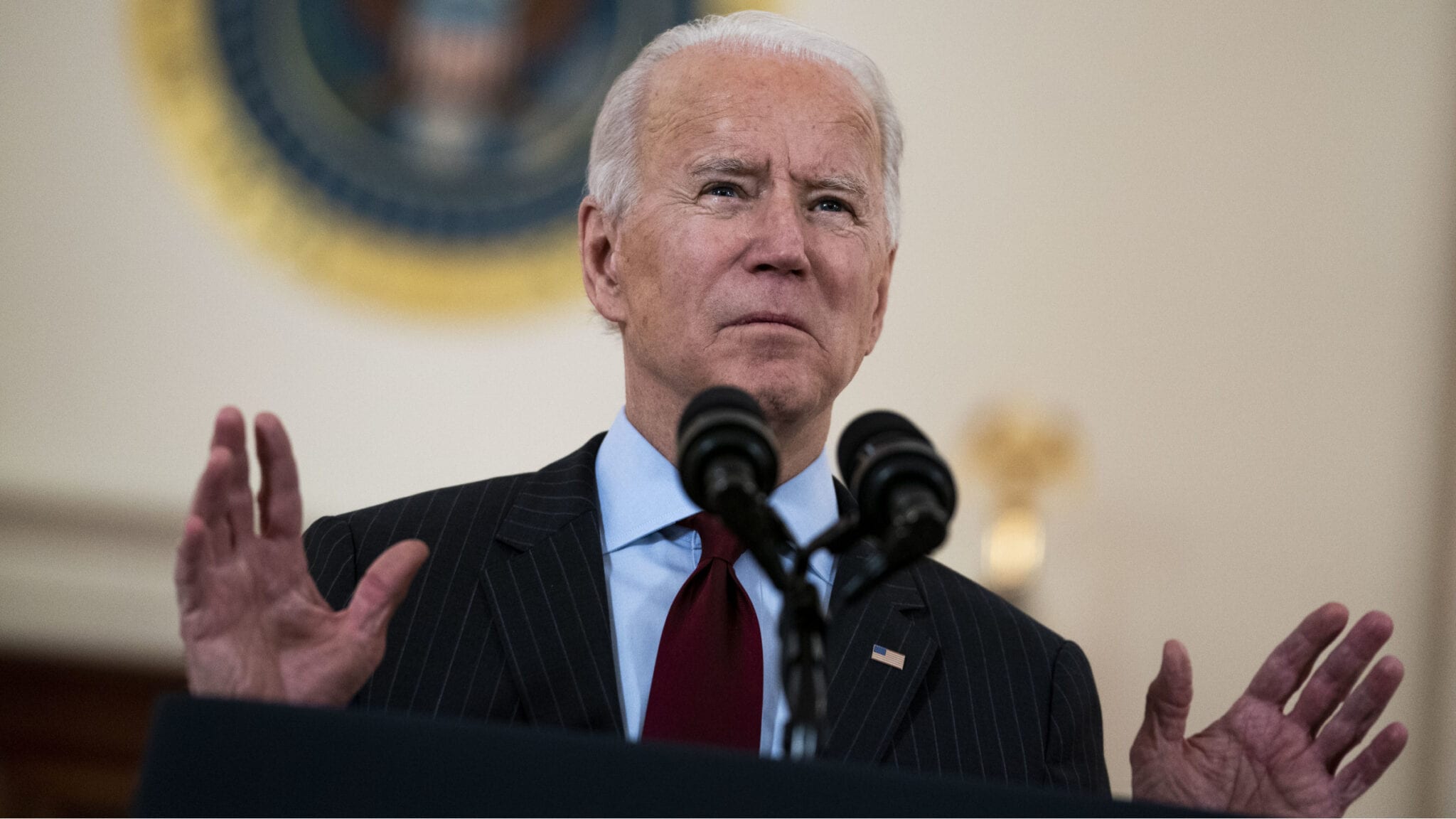
President Biden (Doug Mills/The New York Times/Bloomberg via Getty Images)
Covid-19 roundup: President Biden orders intelligence community to redouble efforts to determine if virus originated in animals or a lab in China
The brewing controversy over the origins of Covid-19 erupted on Wednesday as President Joe Biden ordered the US intelligence community and government labs to double …
Sign up to read this article for free.
Get free access to a limited number of articles, plus choose newsletters to get straight to your inbox.